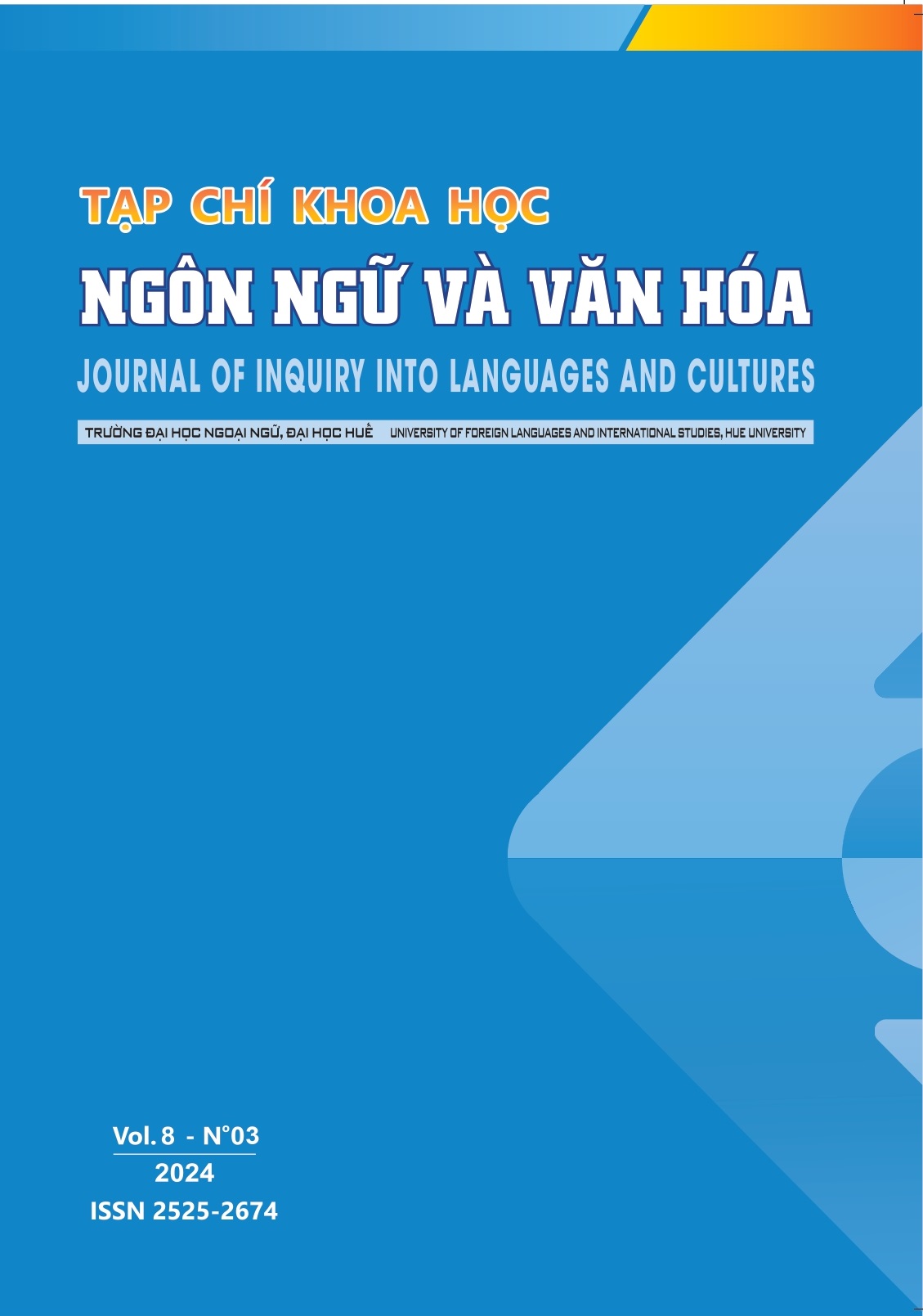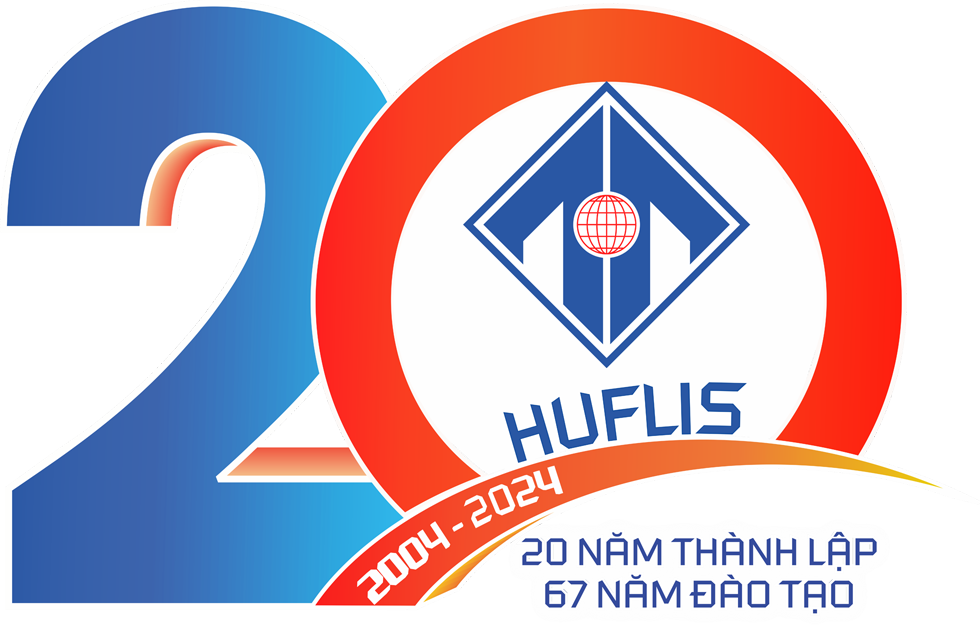A PROJECT-BASED LEARNING APPROACH TO TEACHING JAPANESE - VIETNAMESE TRANSLATION: AN EMPIRICAL STUDY
DOI:
https://doi.org/10.63506/jilc.0803.40Keywords:
Project-based learning, Japanese-Vietnamese translation, active learning, lifelong learningAbstract
This paper focuses on presenting a project-based learning (PjBL) model for a Japanese-Vietnamese translation class for final-year students in the Japanese Language program at University of Foreign Language Studies, The University of Da Nang. With the aim to describe and quantify the actual effects of this application in the classroom, a questionnaire to assess students' experiences and perceptions of the PjBL classroom model was employed. The survey results revealed that the students highly recognized and appreciated the effectiveness of the PjBL model in translation courses, providing them with opportunities to experience real-world professional practice in the classroom, while simultaneously improving their collaboration, teamwork, creativity, critical thinking, public speaking, and autonomy in learning. However, there have still been some obstacles and challenges in translation courses using PjBL, such as difficulties in adapting to group members, challenges in implementing peer assessment, and large class sizes. Nevertheless, all participating students encouraged the continued expansion of courses using this method.














